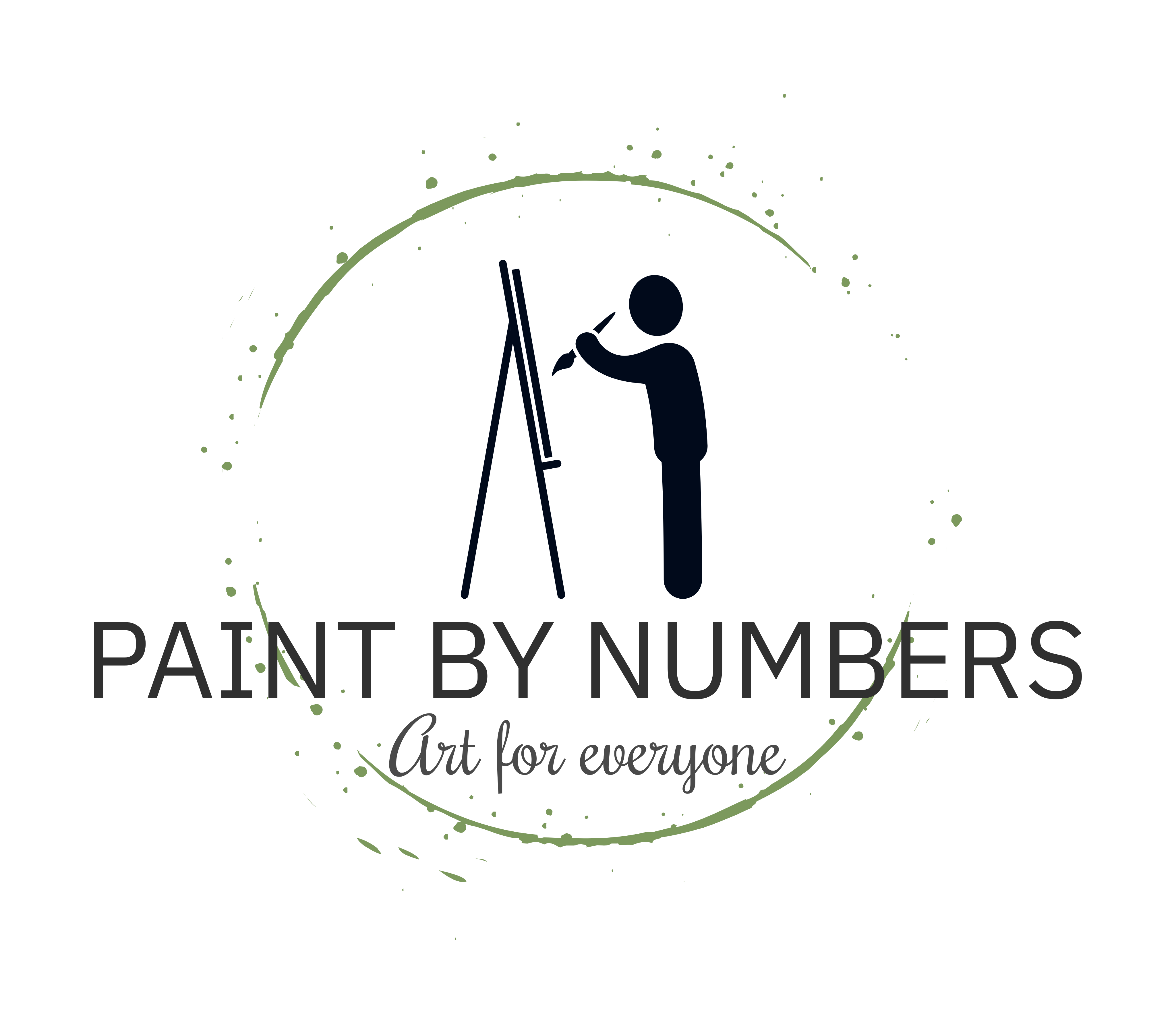Paint by Numbers
In die Blomtuin
In die Blomtuin
Couldn't load pickup availability
Frans David Oerder was born in the Netherlands where he started his studies in Decorating. Although his father was opposed to him choosing art as a career, he finished the 6 year course in 5 years and also won the King William III Gold Medal bursary. He furthered his studies in Brussels and came over to South Africa in 1890, after his brother settled in Pretoria 2 years earlier.
In South Africa he was started out as a house painter and then a railway employee, until he became a respected art teacher, initially at the Pretoria Girl's Highschool. Later on he rented a studio and became friends with influential artists like Anton van Wouw. JH Pierneef was one of his students during those days and significant influence he had on his work and development as an artist is one of the legacies he left in the SA artworld. “Most important historically was Oerder’s communication of his landscape procedures to his pupil Pierneef. While other subsequent painters merely aped the master’s methods, Pierneef absorbed the principles of concentrated observation and developed them to achieve his own original, creative style" (Berman). He became a South African citizen in 1896 and was the first official War artists - tasked to paint images of the war, of which most are in the Bloemfontein War Museum. He moved back to Europe for a while and then in 1938 he and his wife came back to South Africa until his death in 1944.
Oerder enjoyed trying to capture the specific colour, light and sense of space in the Transvaal landscape of the day. He was one of the first artists to try and do so. He stayed true to his traditional Dutch training, being seen as a naturalistic painter. He was consistent in his subject matter and style: working most often on portraiture, still life and flower-pieces within the Dutch realist tradition. Although many of Oerder’s later works were brighter and more colourful, colour itself was not the most characteristic of his style, he was more concerned with tonal values. In his early work he often limited his palette quite severely in order to emphasise this aspect of the composition.
This particular image reminded me of a Monet, soft colours and a beautiful garden. The flowers are beautifully detailed, but the whole image looks perfectly put together and balanced. It fascinates me how an ordinary everyday image like this can be transformed into a beautifully composed, timeless picture. The beautiful version of his Flower Garden painting is 40 x 50cm and challenging. It has 25 colours. Each box contains a stretched, printed and numbered canvas, paint, brushes and a page detailing the numbers for an extra reference.
Sources:
http://www.johansborman.co.za/artist-biographies/oerder-frans/
Berman, Art and ARtists of South Africa, 1970
http://www.akademie.co.za/aktiwiteite/projekte/
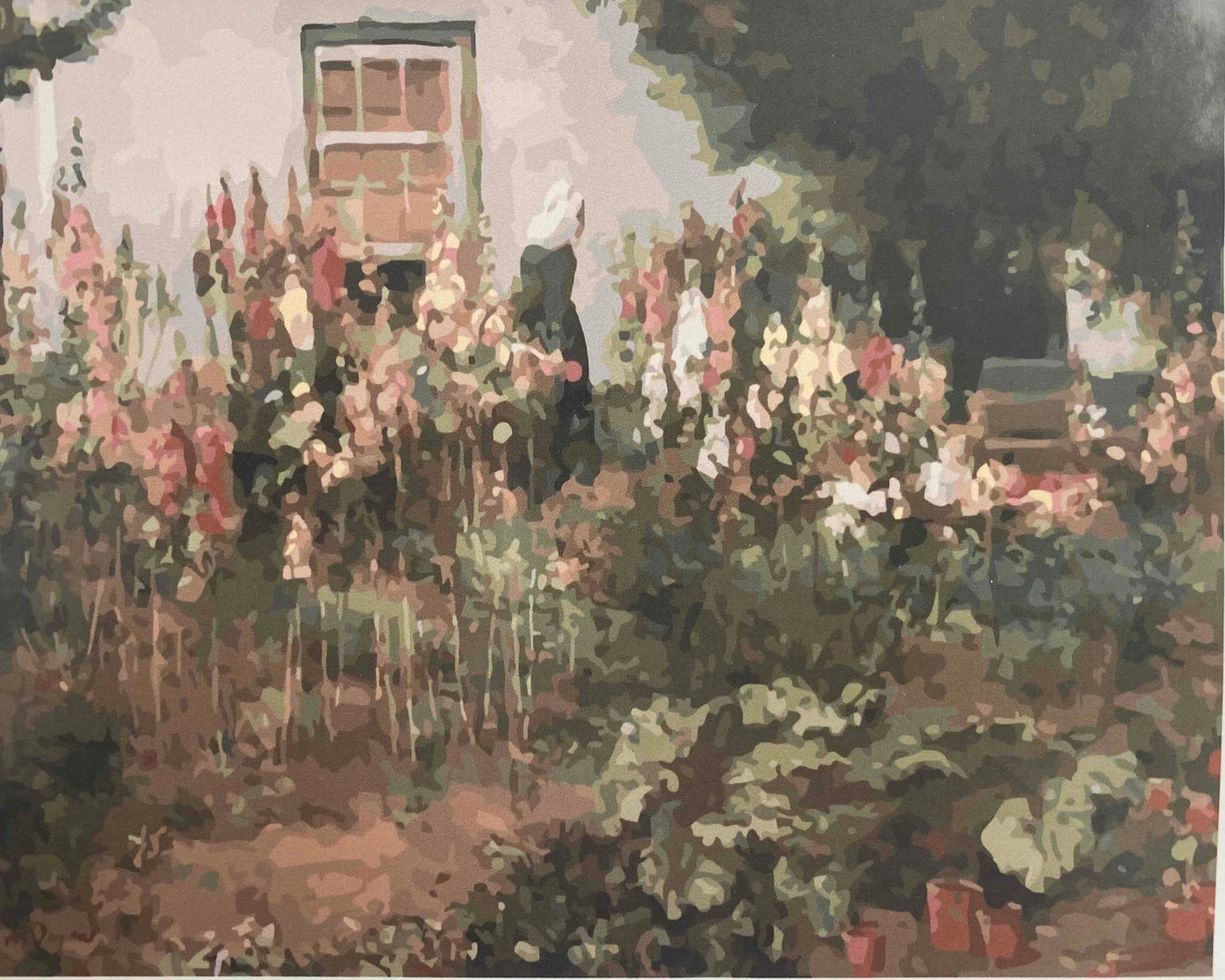

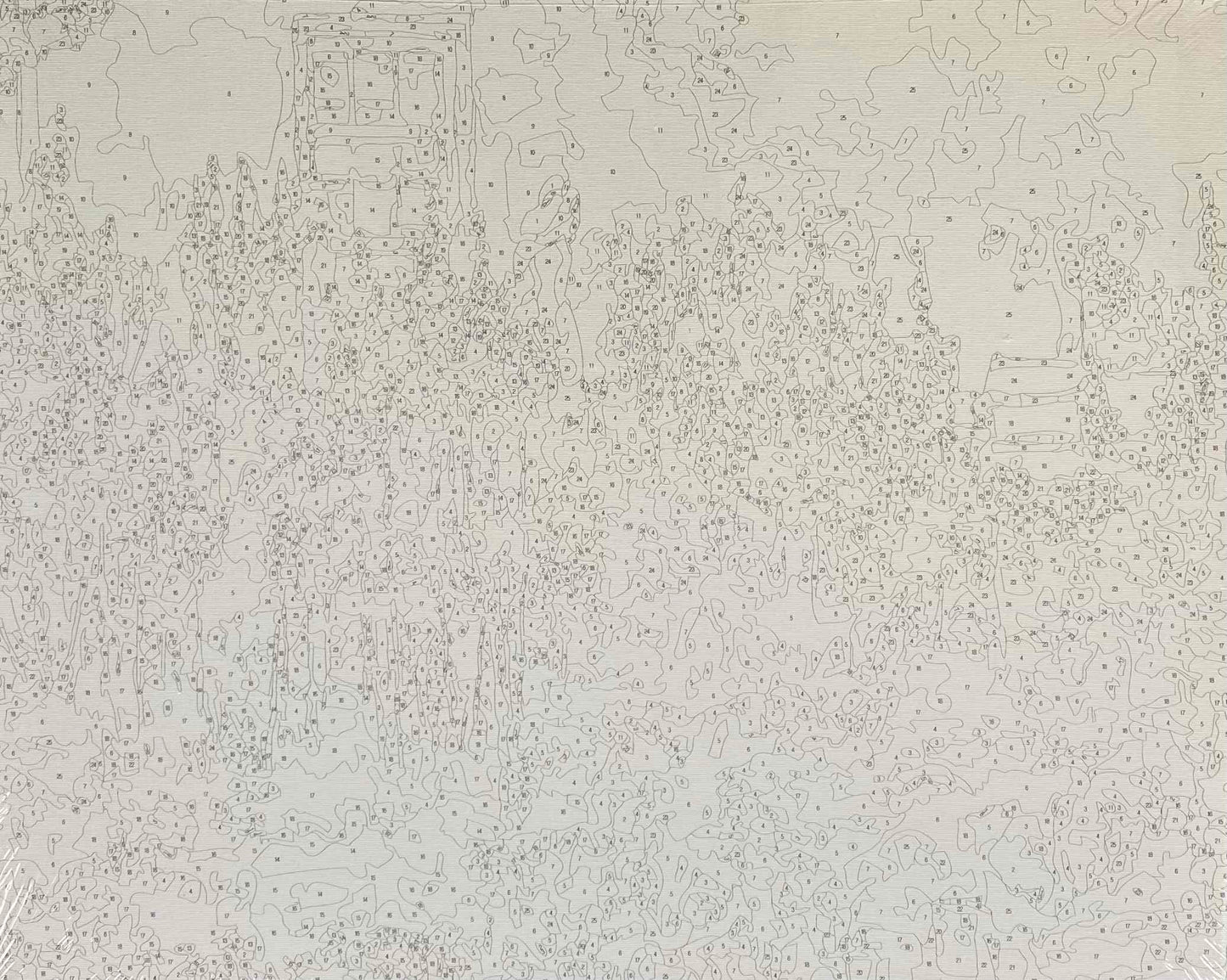
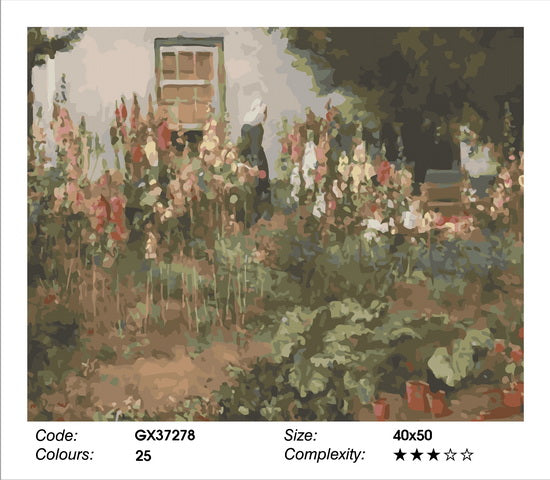
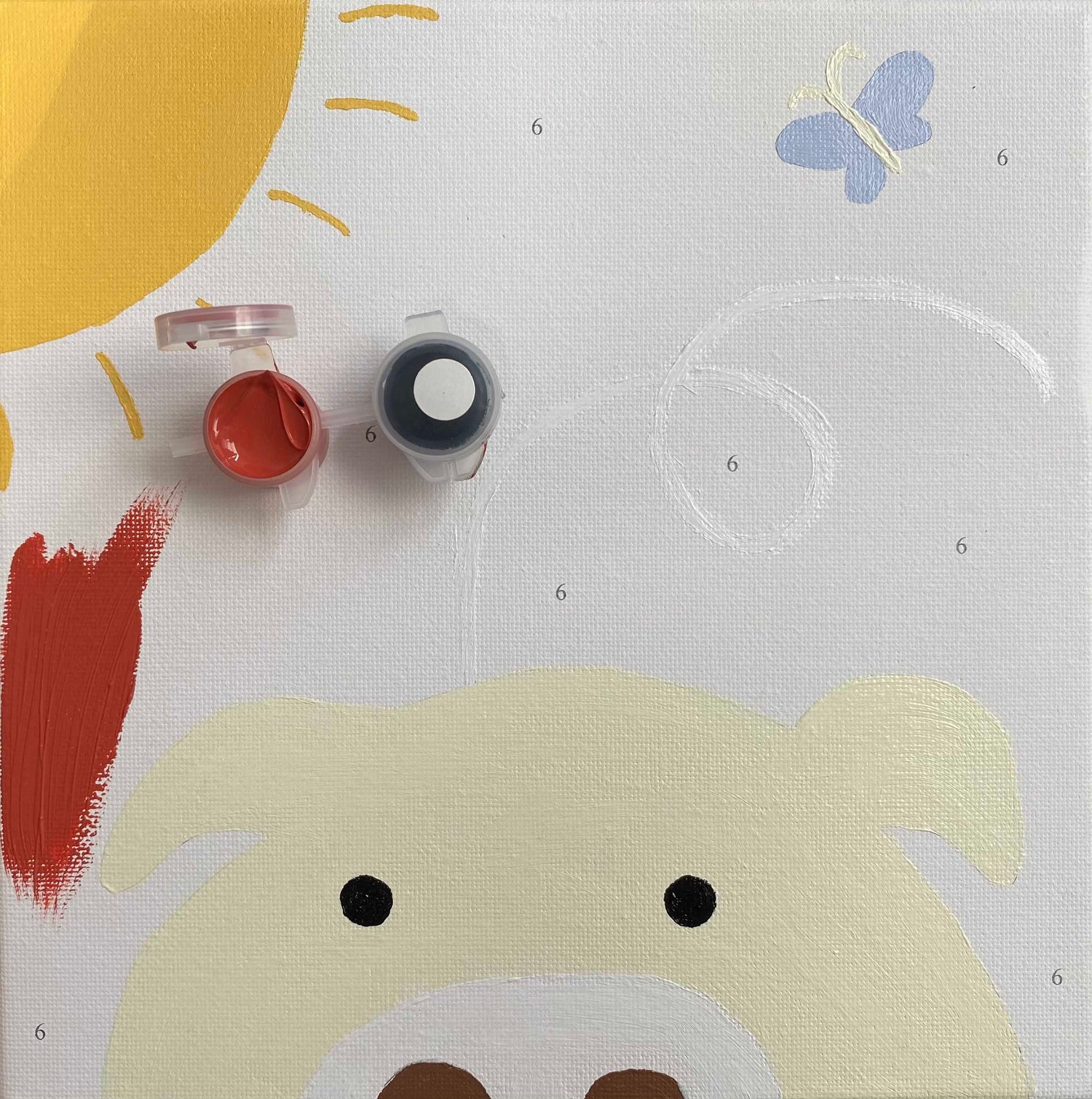
Paint by Numbers
Create with confidence and let your inner artist shine!
